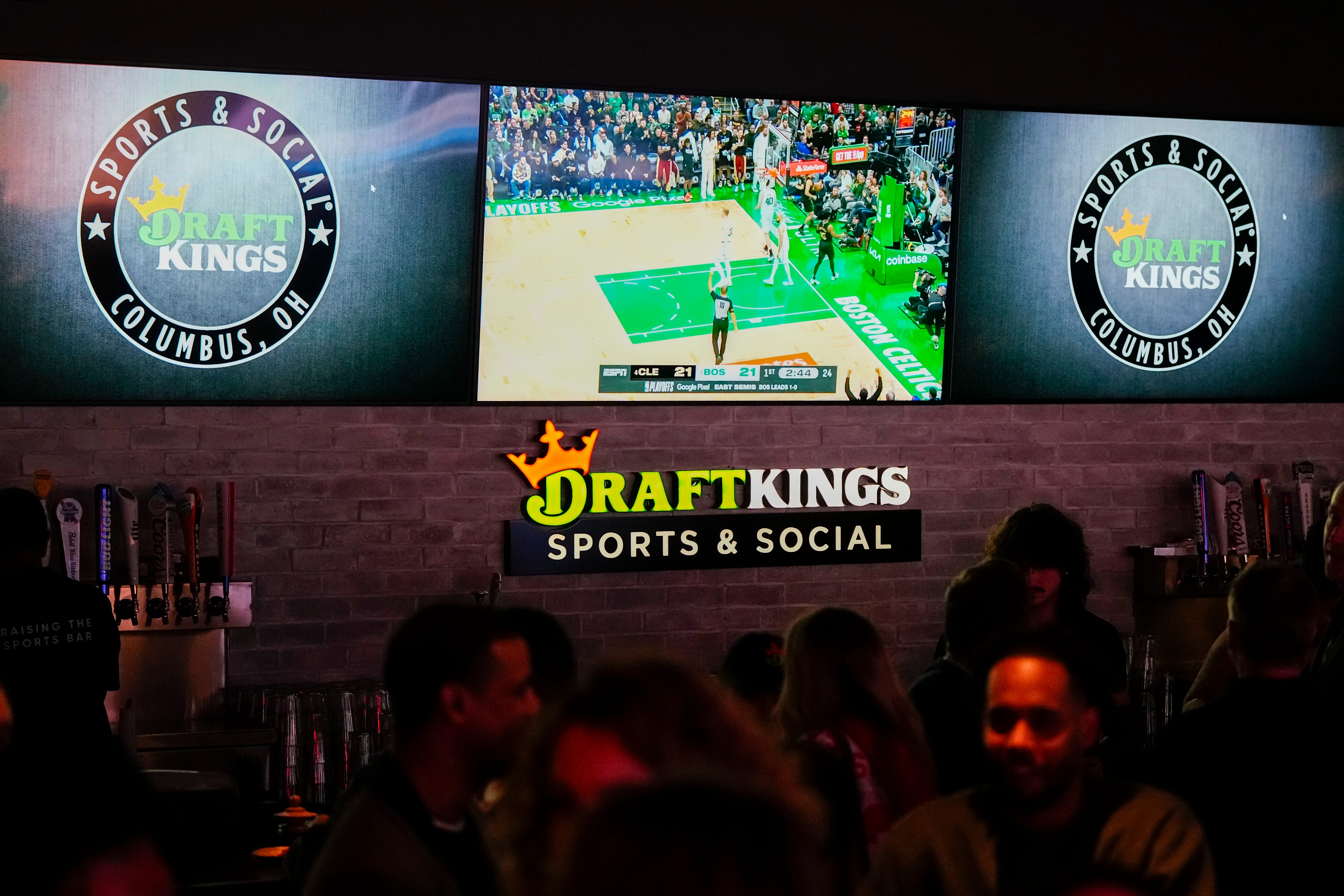Sports Betting Advertising Take Center Stage in Canadian Senate

This week, the discussion around sports betting advertising in Canada entered a new stage as lawmakers openly considered ways to limit its effects on sports bettors and fans. Some have raised concerns about excessive advertising from top sports betting sites.
Canada’s Senate convened for the second time this week to discuss Bill S-269, also known as the National Framework on Advertising for Sports Betting Act, during a meeting of the Standing Senate Committee on Transport and Communications.
This Bill aims to tackle the overwhelming presence of sports betting ads in the Canadian media market. There are differing opinions on whether to regulate or completely ban such advertising. Currently, sports betting ads can be seen across Canada, but the only legal market is in Ontario.
Although opinions may vary on the ideal solution for Canadians, there is a clear consensus that establishing a set of guidelines for the top sportsbooks in Canada is necessary.
Desire to get something done
Legislative hearings on sports betting advertising in Canada are being held just two months following a Maru Public Opinion survey that examined Canadians’ opinions on the prevalence of sportsbook advertising across various media platforms in the country.
According to the report from Maru, the majority of Canadians are in favor of banning current team players and celebrities from sports betting ads, disallowing sports betting commercials during live sports events, and implementing a nationwide ban on sports betting commercials immediately.
Additionally, the research revealed that 72% of Canadians are concerned about the potential for young adults to accumulate significant debt with the accessibility of online sports betting. A majority (62%) of Canadians feel that owners of sports betting companies are not exercising responsible behavior in their advertising and marketing strategies. Furthermore, 53% of Canadians believe that there needs to be greater government oversight and regulation of sports betting compared to the current level of regulation.
Campaign to Ban Advertising for Gambling
One organization, The Campaign to Ban Advertising for Gambling, has recognized the warning signs linked to the excessive amount of sportsbook advertising in the Canadian market.
Under the leadership of Bruce Kidd, the committee pinpointed a surge of sportsbook advertising in the market which he referred to as a “tsunami.” Kidd criticized the government for neglecting to recognize or control the impact of this surge, labeling it a “major failure.”
During the Senate meeting on Wednesday, Kidd argued that the federal government should take responsibility for the situation they have caused. He further stated that the best way to reduce public health harm is to prohibit advertisements.
Steve Joordens, a spokesperson for the Canadian Psychological Association, supported Kidd’s claims by highlighting the use of “weaponizing psychology” by sports betting providers and media. This tactic is used to promote the addictive pastime and achieve their goals.
During the meeting, Joordens drew parallels between sports betting and other addictive products that are banned from advertising in Canadian media. He argued that if gambling is permitted, then marketing for it should be prohibited, similar to cigarettes and cannabis.
Uphill climb for prohibition
Although there is support from certain Senators and the Canadian public to eliminate sportsbook advertising on Canadian media outlets due to saturation, banning these ads from the top sports betting apps in Canada will be a difficult task.
During Wednesday’s meeting, Ontario Sen. Marty Deacon expressed the sentiment that while many would prefer a full ban on the issue, it was important to prioritize passing a bill that could withstand a constitutional challenge rather than aiming for perfection.
In order to implement a ban on sports betting advertisements, both the Canadian Federal government and individual provinces must come to an agreement. Currently, only Ontario has a legal multi-operator sports betting platform, but there are talks in Western Canada about potentially legalizing sports betting in Alberta. Other provinces in Canada have not yet legalized sports betting, making the push for a total advertising ban somewhat irrelevant.
Some believe that a key aspect of the proposed nationwide framework in Bill S-269 should be determining what is considered legal or illegal. Will Hill, the executive director of the Canadian Lottery Coalition, highlighted the importance of this focus when discussing the possible ban on sports betting advertising. He questioned why operators who are not legally allowed to accept wagers in a specific province should be permitted to advertise there.
The questions remain
Is there a possibility of regulating sportsbook advertising in the Canadian market? Will there be any limitations on polling regarding the overwhelming exposure of sports betting operators in Canada? Can we expect any restrictions for operators, including those offering Ontario sports betting apps?
Canada’s government is showing promising support for the pro-ban side of the issue, as is the potential involvement of the Canadian Radio-television and Telecommunications Commission (CRTC). The CRTC has the power to regulate the content that is broadcasted on Canadian airwaves.
In the past, the CRTC has prohibited tobacco advertising and has also regulated how alcohol companies can communicate their message to Canadians.
The politician’s reaction to the growing attention on sports betting advertising and its potential negative impact on problem gamblers and underage individuals in Canada will be closely watched.
The story is still unfolding with many chapters yet to be written, possibly in the upcoming months.







